This article will briefly explain your rights when you come on a winter ski vacation, and there’s no snow there.
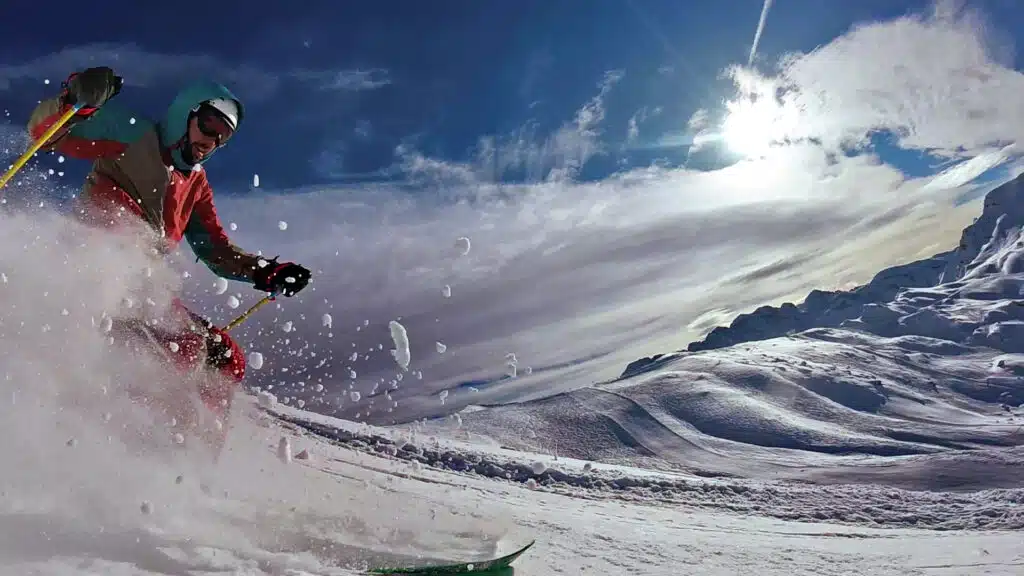
©skiresortguru.com
Introduction to your rights when there is no snow at your ski resort
The travel industry estimates that millions of Europeans will ski in the Alps this winter. However, you must be aware of your rights in case of no snow on the slopes.
Firstly, there are no general regulations concerning the lack of snow on the slopes. Therefore, you must check with your provider or insurance for options.
If you’ve booked a skiing holiday with a tour operator, carefully read your package’s terms and conditions, as company policies can differ. For example, Crystal Ski promises to bus skiers to another open resort within a two-hour radius for free and pay for a new lift pass as part of its Snow Promise. In contrast, Inghams says they’ll do their best to offer alternative activities if snow levels are not “satisfactory.”
Read the fine print before committing if you’ve booked a ski trip during the shoulder seasons (December and April) to resorts at lower altitudes, such as those in the Pyrenees, the Jura Mountains, or some quieter Alpine resorts.
Suppose your package provider does not cover a no-snow scenario, or you’re traveling independently. In that case, it’s crucial to scrutinize your travel insurance. Most good winter sports insurance will include a piste closure cover, which covers closures of all types, including due to avalanche risk or too much snow. Usually, it pays between 10 Eur and 60 Eur a day, which is enough to get you to another open resort or try another activity.
However, always check the details of your travel insurance policy to find out if the piste closure cover includes a “no snow” clause and whether it will pay out even if the weather conditions are known to be poor.
It will all depend on your insurance policy.
Can you claim compensation if ski lessons are canceled?
Don’t expect payment if your skiing lessons get canceled due to a lack of snow. However, if the ski school or travel agent cancels your classes, demand a refund. Under EU and UK laws, you have the right to a refund when you’ve paid for a service that the provider fails to deliver for any reason. So, don’t wait for the company to return your money. Claim it as soon as possible.
If the ski school refuses to refund you after canceling your lessons, don’t hesitate to file a Section 75 or chargeback complaint with the credit or debit card you used for payment. Remember, the card provider is jointly liable with the retailer, and you are entitled to your money back.
There are situations where you might only be eligible for a pro-rata refund. It could happen if:
- You booked a holiday package, including lessons, but only the classes were canceled.
- You booked a week of lessons, but only some were canceled.
If you are worried about the shortage of snow, consider canceling your ski lessons or trip yourself. However, please note that if you choose to do so, you will not be entitled to a refund per the policy. If you decide to cancel, you can ask the ski school if you can receive credit or reschedule your lessons for a later date. Still, they are not obligated to offer either of these options.
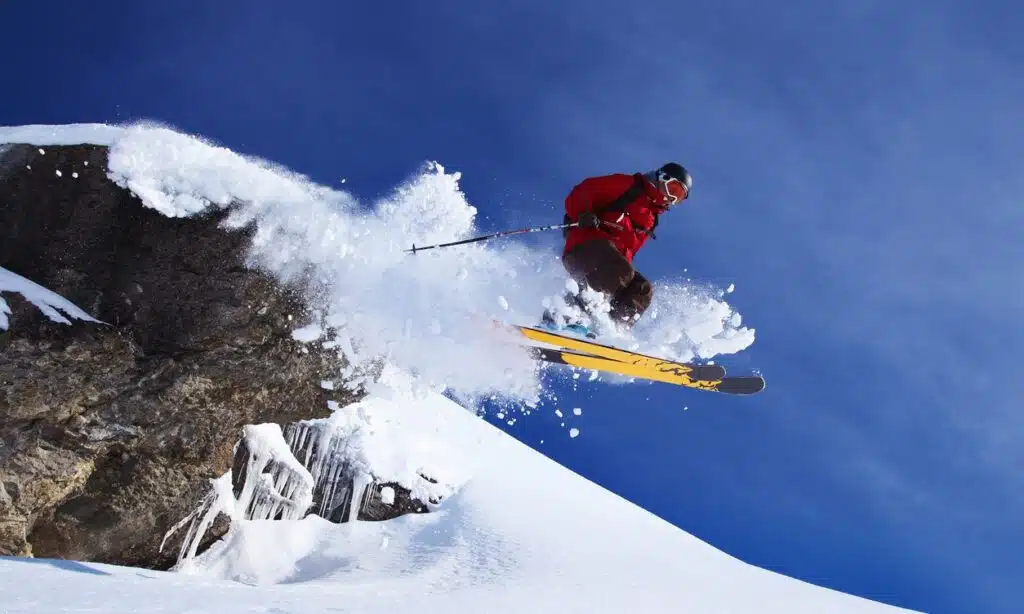
©travel.earth
Should you book a skiing holiday for 2023/2024?
It’s still being determined whether there will be a significant snowfall in the Alps and Pyrenees tomorrow. Although many forecasts predict that there will be a temperature drop and substantial snowfall in the next one to two weeks, there needs to be more time to guarantee absolute accuracy. However, it would be unprecedented if there were no more snowfall in the Alps and Pyrenees this winter.
Notably, ski resorts in North America, Scandinavia, and the southern Alps (especially Austria and Italy) have mostly been open for skiing. Scotland has also received much snowfall, so consider changing your destination.
Some northern Alps and Pyrenees ski resorts have been operational all season despite a hot Christmas. If you’re a ski enthusiast and want to play it safe, aim for resorts with plenty of pistes at 2,000m or higher, such as Val Thorens in France, Zermatt in Switzerland, and Solden in Austria.
Which resorts have no snow?
The Northern Alps in France and Switzerland and the Jura Mountains and Pyrenees have been experiencing unseasonably mild weather. As a result, some smaller European ski resorts, like Semnoz in the French Alps and Lélex-Crozet in the French Jura Mountains, have been wholly closed until more snow arrives. However, the vast majority of resorts still have some slopes open. Even when no snow is on the slopes, many lifts remain available to access hikers, bikers, and mountain restaurants.
Take a look at
References and sources:
Photo credits:
Feature photo credits: travel.earth

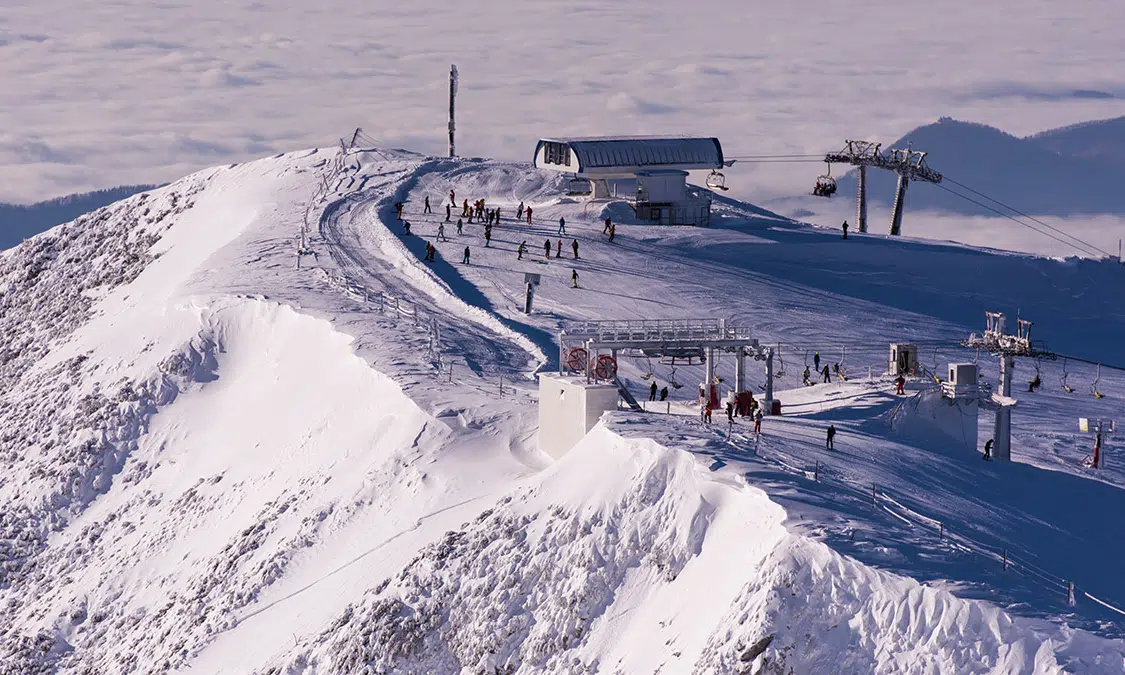
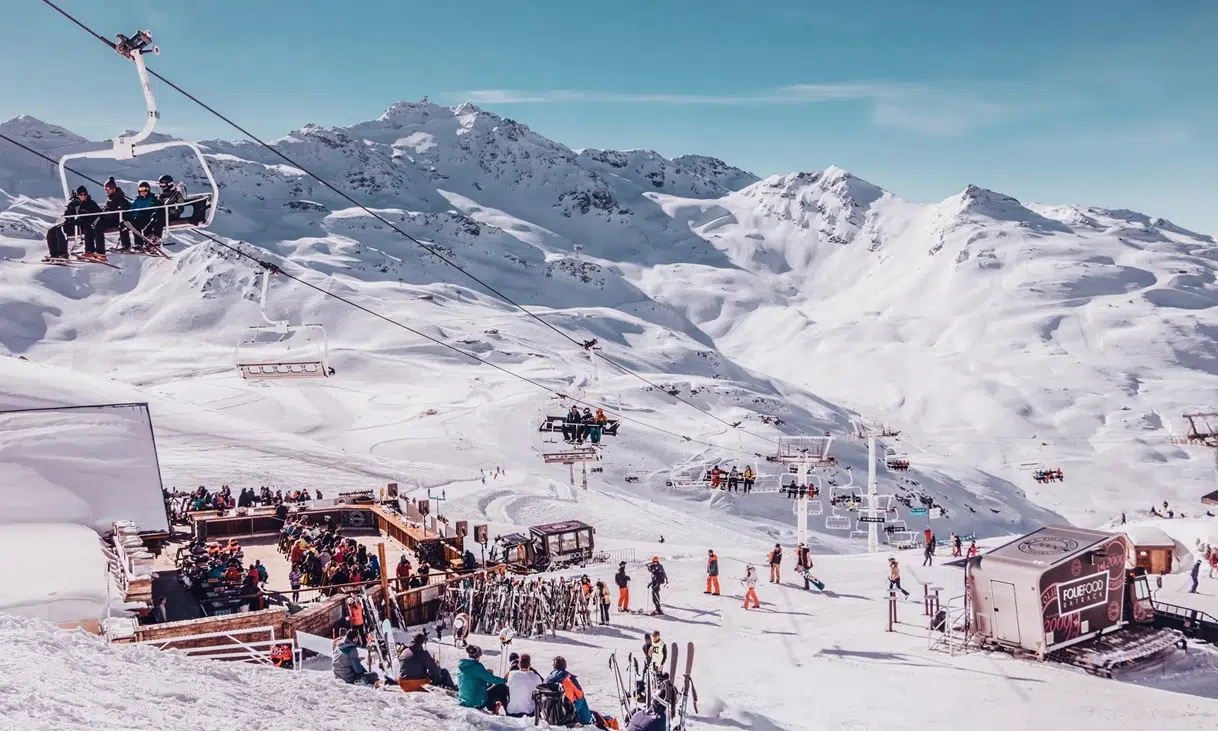
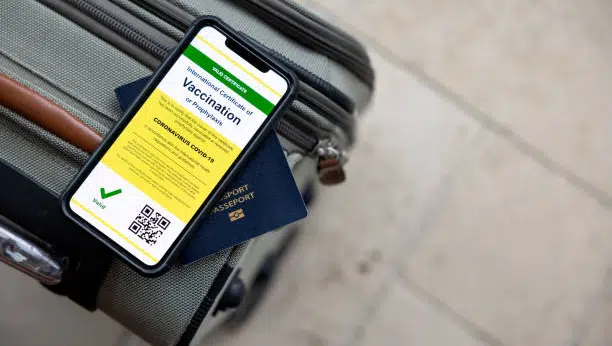
Comments are closed.